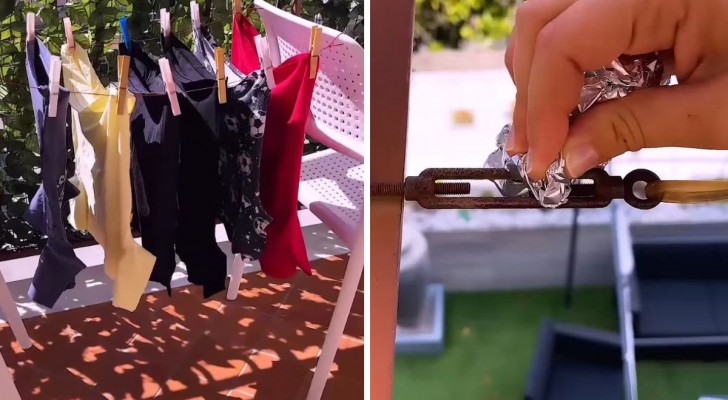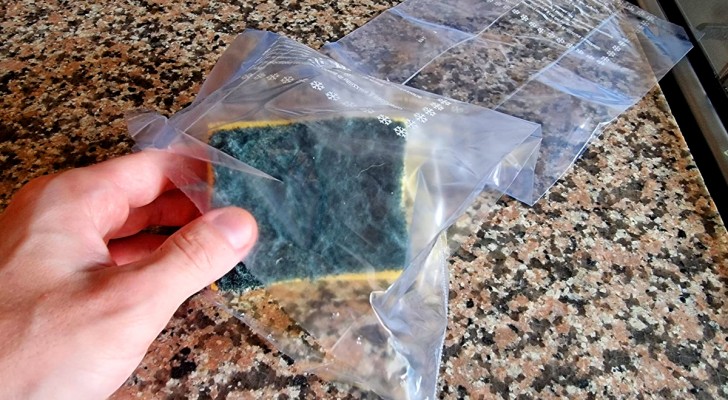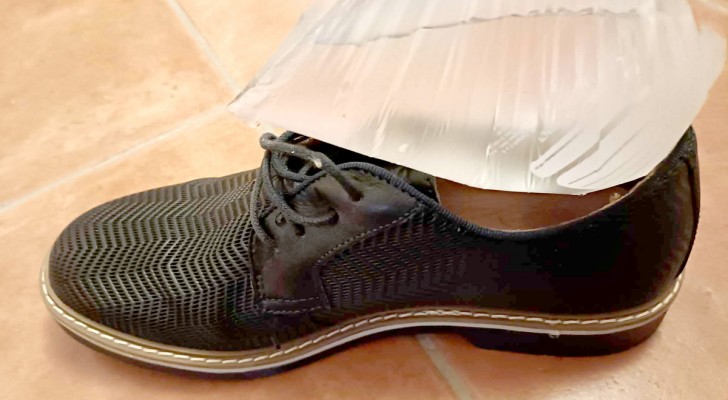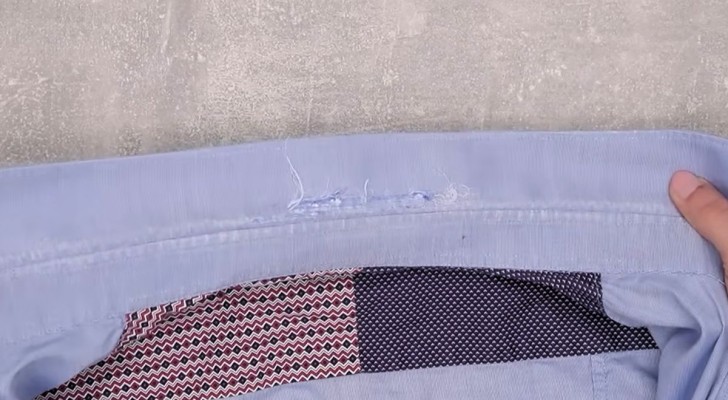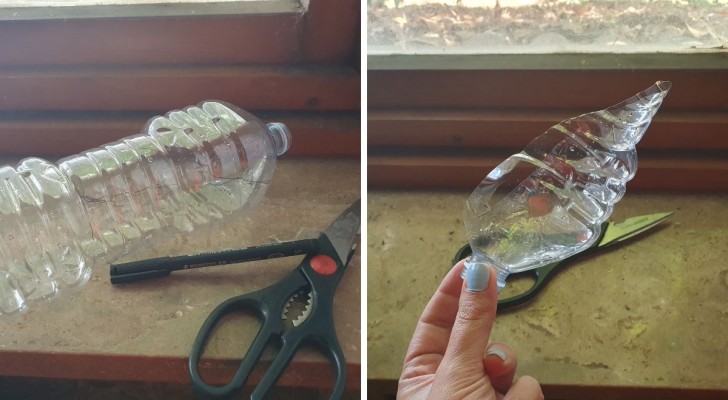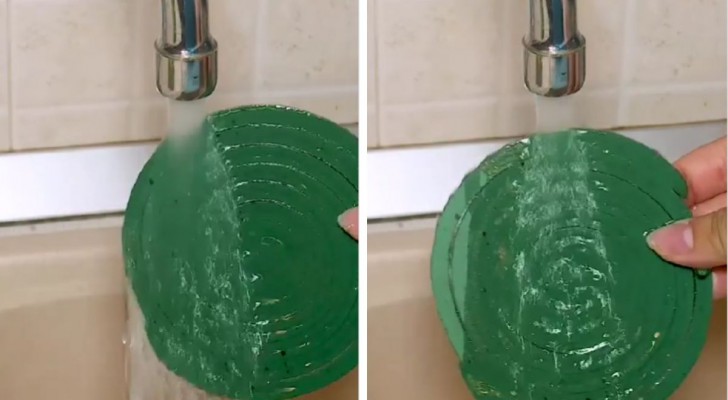Duvets and quilts to wash? Find out how to do it easily at home
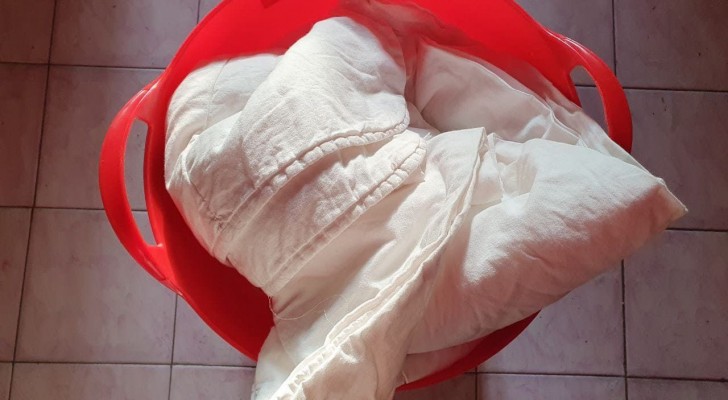
Every year during the colder periods, we keep our beds warm and comfortable thanks to using quilts and duvets - synthetic or feather, which we place on top of the sheets or put into sleeping bags. Therefore, although they are not exactly in direct contact with our body, they still get dirty with sweat, hair, maybe even dust and must therefore be washed to ensure proper hygiene.
However, these are quite bulky items, and to wash them well it is necessary to use the right methods. Read on to find out more:
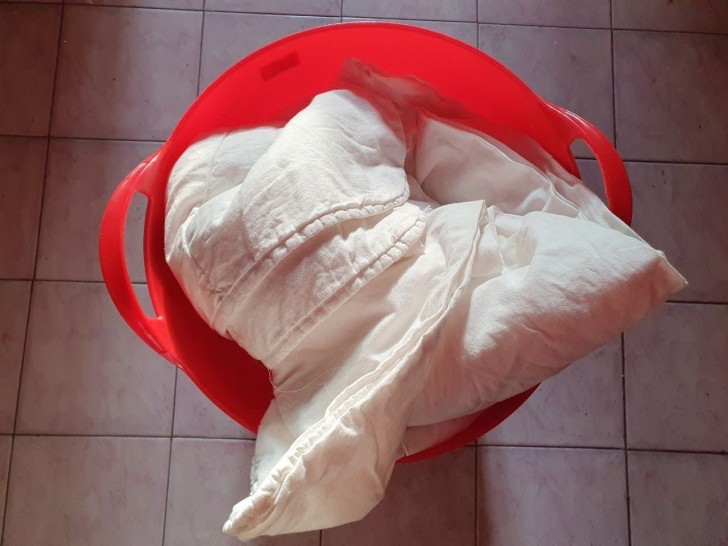
Creativo
How often should duvets be washed? It actually depends on how much we use them and how they are used. In any case, no less than twice a year - before and after the season in which we use them. But if we maybe let dogs and cats get on the bed, or if we happen to sweat a lot for a few nights in a row, or in a case where we suffer from allergies to dust mites and similar, then it is also advisable to wash them at least once a month.
How to clean the duvets:
- Beat them well, using a carpet beater in order to get off most of the dirt and dust and also hang them in the sun and in the air on good weather days.
- Pass the vacuum cleaner over them to remove the dirt more thoroughly, making sure that the mouth of the vacuum cleaner tube is well cleaned. If you want, before vacuuming, you can sprinkle the whole quilt with baking soda, and leave it to act for 10-20 minutes before vacuuming it up.
- Make sure that all the seams and the various joined parts are intact, to prevent the padding from moving too much or spilling out during the wash.
- Always consider the size of the quilt - it will fill the drum of the washing machine, but if you have to make too much effort to get it in, the wash will have little effect and will overload the appliance. So, if the washing machine is too small, take the duvets to a laundry. Or you could try (but it is definitely tiring) washing them in the bathtub or in a large basin, immersing them in hot water in which you have poured a detergent for delicate materials (preferably also antibacterial) or Marseille soap - and you can also add a glass of white vinegar or hydrogen peroxide, or delicate bleach (the one for colors). The downside to this approach is that it takes a lot longer and the result isn't quite as good, especially when it comes to rinsing them thoroughly and squeezing out excess water.
- Choose a washing program for duvets, and in any case, check the washing instructions on any visible tags, especially with regards to the temperatures to be used.
- Quilts sometimes have the issue of filling up with water and displacing the filling inside them, which collects in one place in the duvet. To facilitate a homogeneous distribution of the padding, you can add 3 or better 5 tennis balls to the wash load. Alternatively, there are balls designed for this use that can be bought in certain stores.
- You can add half a glass (or a whole one, for larger blankets) of white vinegar to the detergent loadout to better sanitize the garment.
- If the duvet has yellowish spots and stains, you can use bicarbonate with lemon juice or hydrogen peroxide, mixed together and scrubbed into the stains with a brush; you can also pre-treat with hydrogen peroxide only, or by diluting a teaspoon of bleach in a liter of water, and pouring it on the blanket, leaving it to act for 15 minutes before washing.
- If you want to use a dryer, set drying programs to medium and not to high temperatures, and not for too long. Here, too, you can add two or three tennis balls. If, on the other hand, you hang it out in the air to dry, it is better to do it flat on the clothesline or clotheshorse, so as not to let the padding move too much when it is wet and heavy. You can finish drying in the sun if the weather permits.
- To make using the duvet more pleasant, you can spray a DIY deodorant for fabrics when you spread it out or after drying it, based on distilled water (250 ml), distilled white vinegar or pure vodka or denatured alcohol 95% (120 ml) and 15 drops of essential oil (preferably lavender, tea tree or eucalyptus).
The duvets will always be sanitized and pleasantly scented!
